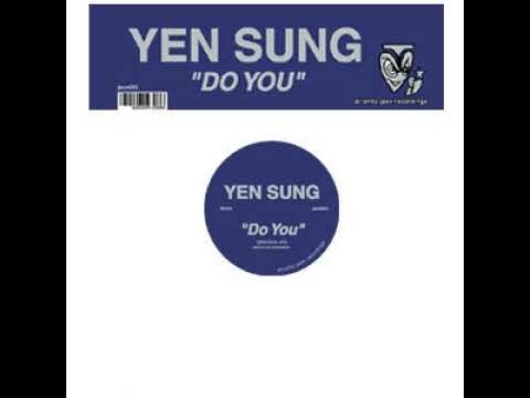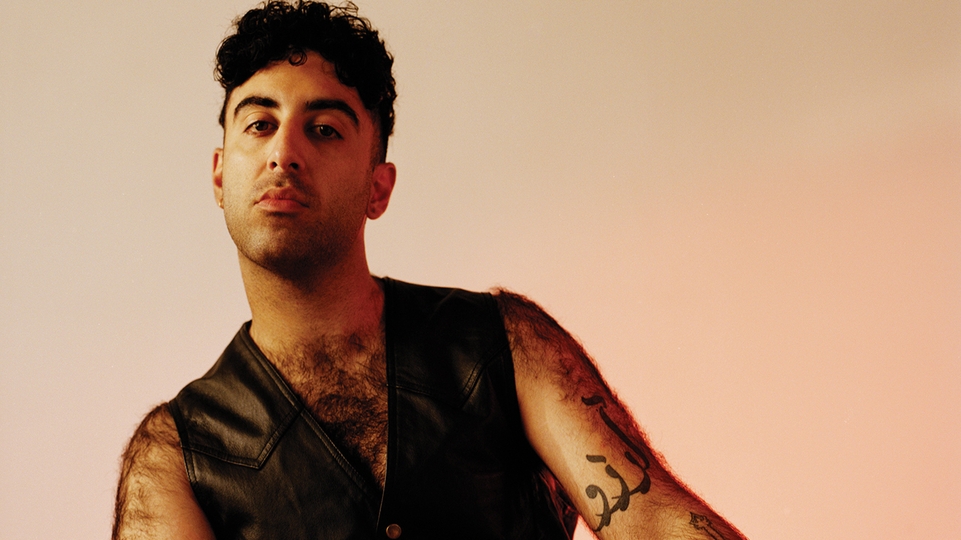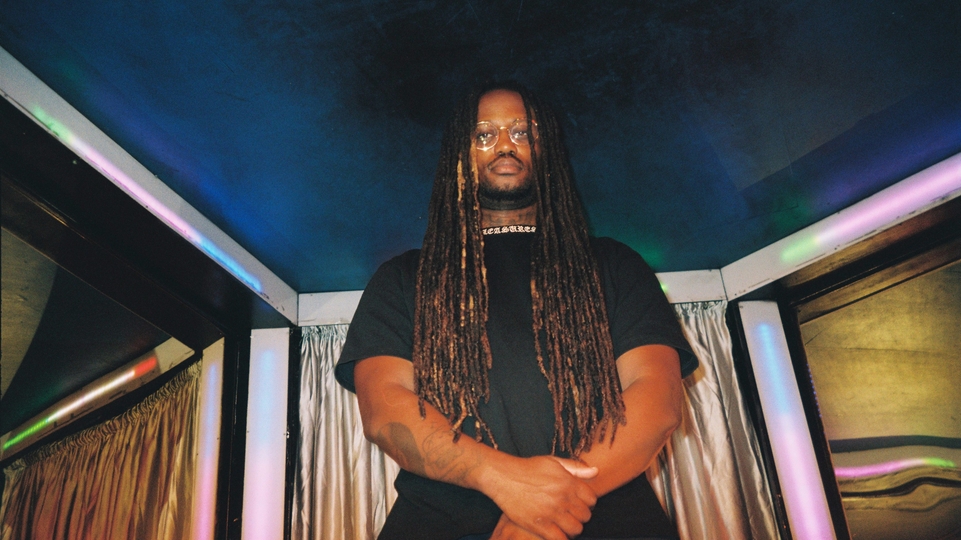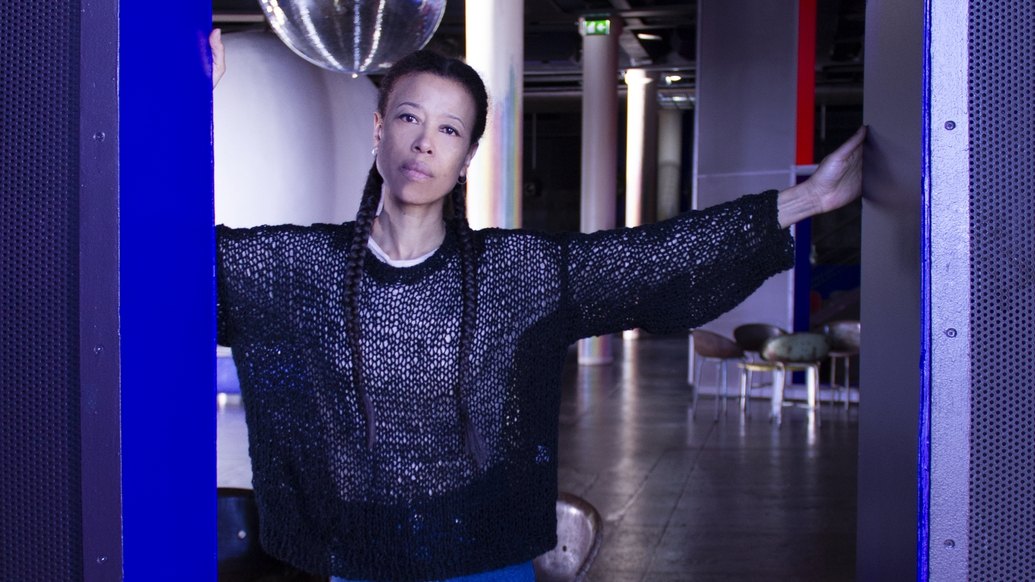
On Cue: Yen Sung, Lisbon’s dancefloor lodestar
For three decades, Yen Sung has been at the beating heart of Lisbon’s club scene. As a longstanding resident at Lux and its downtown predecessor Frágil, and as a producer of timeless house tracks, she’s rightly earned her legendary in Portuguese dance music. But as April Clare Welsh learns, she’s busier and more energised than she’s ever been. Alongside a thumping On Cue mix of pure dancefloor energy, she shares her story
Yen Sung was right down the front when Prince performed a one-off show at Lisbon’s Lux Frágil club in December 1998. “It was amazing. Especially because he had just played a real gig, like a real stadium concert, and was now doing another,” she enthuses. Sung had been DJing professionally for about six years by this point, and was a familiar face behind the decks at Frágil; the smaller downtown predecessor to the much larger Lux Frágil. Like The Purple One himself, Sung’s entrance into the Portuguese club scene had turned heads. Having built her skills from the ground up, honing her freewheeling sound so fast she remembers eliciting “shock” from her peers, she quickly became one of just two established female DJs in the country at the time. 30 years later, she still reigns supreme.
Bold beginnings like this are something of a calling card for the Mozambique-born DJ and producer. As a long-standing resident at Lux, her peak-time sets eschew introspective build-ups in exchange for energetic head-first plunges. It’s a vibe captured in her mix for DJ Mag’s On Cue series too, which moves skilfully through feel-good basement house, spacey acid and deep rhythmic workouts that embody the slick dancefloor energy of her sets.
Sung’s career arc since her early years in Frágil has earned her the status of an elder stateswoman in Portuguese dance music, to whom descriptors like ‘role model’ and ‘game-changer’ are liberally applied with deserving conviction. After spending three decades cultivating her indomitable reputation on home soil, she is finally on an international winning streak. To all appearances, Sung’s cool, composed demeanour almost camouflages her star power. But in conversation, we learn of the headstrong ambition and professional grand slams that have recently studded her DJ belt; pinch-me moments that are long overdue.

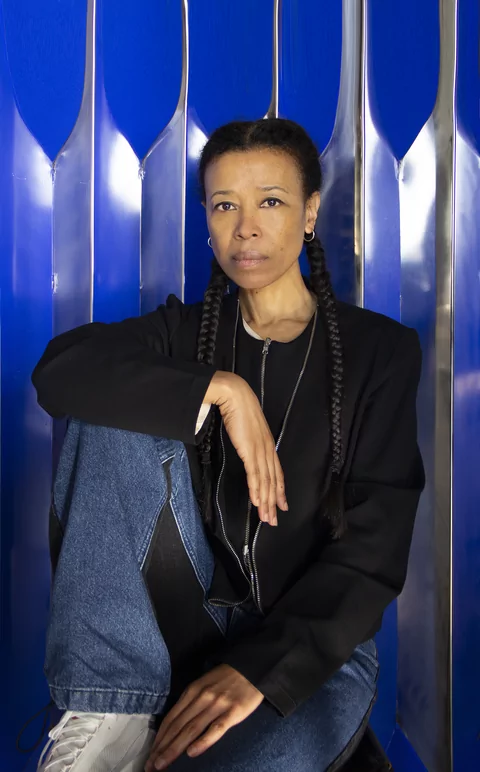
It’s a particularly sunny day in mid-February when we meet Yen Sung at a market in the Campo de Ourique neighbourhood of Lisbon, where she’s lived since 2007; the community spirit that permeates our meeting place is reflected in her own friendliness and warmth. During our interview, she bumps into several friends, and reveals that she has plans to hit the studio later with a new collaborator, who also happens to be hanging out in the market as we chat.
These cosy, close-knit happenings feel far removed from the touring schedule she's had of late. Last year, she played her first-ever set in New York (“They can really dance there – they had dance moves”) and saw in the new year at Panorama Bar, where she was up before Boris and ended triumphantly with George Morel’s garage house classic ‘Let’s Groove’. “That track was so different from the rest of my set, so it felt more in the moment,” she says, proving that some of the best selections truly are guided by pure intuition.
Sung also recently returned to making her own music after a 20 year break. Having previously released the sultry, vocal house tune ‘Do You’ via Basement Jaxx’s Atlantic Jaxx back in 2001, followed by an Ennio Morricone remix in 2002, she teamed up with fellow Lisbon DJ and producer Photonz in 2021 for the inaugural single on their Alphabet Street label, named after a 1988 track by the aforementioned Prince of Funk. ‘Still’ is a suitably sunny and soulful blast of throwback house, anchored by the kind of big, arms-outstretched vocal sample that feels like a trademark of Sung’s selections. They joined forces again last November for a tripped-out stomper called ‘Palo Santo’, supplemented by a gnarly progressive remix from Lisbon techno mainstay Vil.
Needless to say, Sung’s self-starter outlook helped to catalyse the label, which was created as an agenda-free vessel for releasing the music she’s into. As far as releases are concerned, she’s keen to point out that she “hates” Spotify and has never had an account, despite being firmly rooted in both the analogue and digital realms. “It’s very important for artists to be more in control of their work and I love Bandcamp for that, thank God it exists,” she says. You’d expect nothing less from an independent spirit who doggedly defied convention to get where she is today.

Sung spent her early childhood in Beira, Mozambique, and remembers the parties her parents would throw at home, which would sometimes go on for two days. “Lots of people arriving and bringing drinks, I always knew when there was gonna be a party,” she recalls. Her father’s records gave her a musical grounding: soul greats like Roberta Flack as well as Brazilian MPB icons such as Martinho da Vila and plenty of marrabenta, the staple dance music style from Mozambique that originated in Maputo in the late 1930s and became popular during the 1960s.
Shortly after the Portuguese dictatorship ended in 1974 and Mozambique subsequently gained independence, her family relocated to Lisbon. She was seven years old and describes the transition from life in Mozambique to her new home as difficult. “My family is very mixed and multi-cultural; I have a Chinese grandfather, a Portuguese grandfather, and my grandmothers are African. So when I arrived here, I realised that there are these things called racists that hadn’t existed for me before ... However, you learn to adapt but keep your core. Because it's very important to know who you are, and show the real you.”
Maintaining a strong sense of identity is integral to Yen Sung’s craft. In the early ‘90s, she forged an initial career as a hip-hop DJ, and joined Lisbon rap crew Da Weasel as a backup vocalist. Later she rolled out her lauded Chocolate City hip-hop nights when “no clubs would play a straight hip-hop set”, though she did have to swat away purists who criticised her for being into both house and hip-hop. “People around me were very judgmental,” she recalls.
Sung has always been furiously driven and self-motivated; auspiciously planting your flag in a white male-dominated landscape takes some perseverance. “I went to ask the late Lux and Frágil owner Manuel Reis for a job [in Frágil] and he said, ‘Are you interested in DJing? here’. I was very nervous but I did my homework. I went to the club, chose the records. I did a line-up of the records. Someone showed me how to work with the turntables and the mixer and I had to remember every step. He showed me once. They were a picky crowd too but people loved it and after three tries, I was hired... It wasn't easy sometimes to be around just men all the time. I was a kid, about 20 years old... Nowadays, there are more women so we feel more supported,” she adds.
Powering ahead through years of hard graft, she ultimately rose through the ranks to become one of Lux Frágil’s star residents, playing at the superclub pretty much every week since 1998. DJing is a serious business for Sung, and she’s got the 10,000 record-strong vinyl collection to prove it. “I've been doing this for a while. I know what I'm doing. I do my job well. I wouldn't be here still if I didn't have something to say; a voice,” she says. “I want people to arrive in a room and to know that I'm playing. Because I’m clear in my identity. I translated my identity into my work. That's what I think differentiates me.”
The gift of hindsight has revealed to Sung the full extent of her glass ceiling-smashing impact, even if she wasn’t able to fully grasp it at the time. “It's amazing... When I started doing this, I really loved it; I was committed, and I was investing in that. And things were not that easy. So I was doing it for me. But now looking back, I can see that I was doing against all odds. I was opening space. That was not my motive but now I can be like ‘Oh, yeah, I did it!’ which is great, you know, but I think that you only can influence people like that when it comes from the inside.”
And she is showing no signs of slowing down. Next up for Sung is ‘Part Of’ – a slick, entrancing new single with the Russia-born, Lisbon-based producer Thierry Tomas, aka the aforementioned collaborator from the market, Yevgeniy Nikolaev – released on Alphabet Street. She also plans to further explore her love of fashion through her Curry label, which was launched in 2016 and comprises “colourful fabrics mixed with a sober kimono design”.
Sung recently imparted some of her wisdom to a workshop for young aspiring DJs in Lisbon. “I talked to them about how important it is now for people who want to become a DJ or already DJ, to have an identity. Because you don't want to be just another DJ... It’s very important for you to feel comfortable with who you are and who you are with.”
Tracklist:
Yass, Sebastien Grand ‘He Reigns’
Santos, Angel Moraes ‘To the Rhythm’
Robbie Rivera ‘Feel this’
That Kid Chris ‘Que lindo’
Cevin Fisher ‘Voodoo’
Mr. G ‘Drop It (Duncan Forbes Drawings On Grace Remix)’
Ron Carroll ‘The Sermon (Djinxx Deep Mangusta Project)’
Choo ‘Ables Hard To Get’
Kerri Chandler ‘Return to Acid’
Skatman, Tal Fussman ‘Back to the Swamp’
Trevor Rockcliffe ‘Jack Ya Body (Mr. G Remix)’
Spencer Parker ‘Praise Be’
